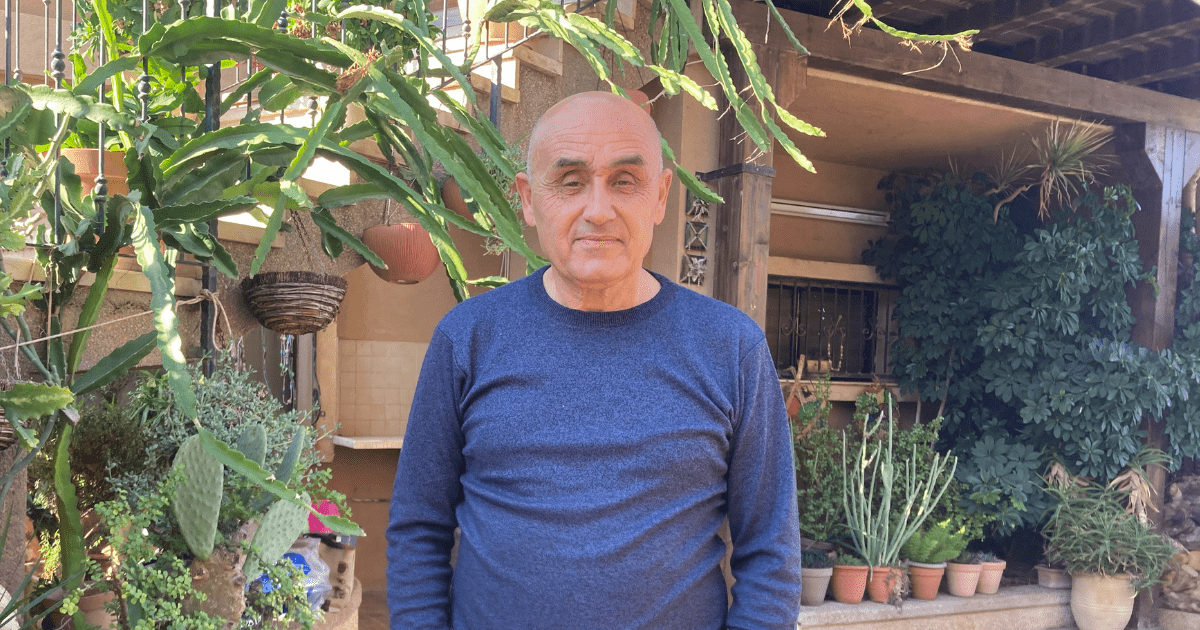
Since the start of the military operation in Gaza, countless reports by journalists embedded with the IDF troops have appeared in the Israeli media. But there was one eight-and-a-half minute-long TV broadcast that aired on Kan – the Israeli Public Broadcasting Corporation – that stood out. In it, Riyad Ali, a 61-year-old Druze journalist from the town of Maghar in the Galilee, accompanied soldiers from the Golani Brigade who were operating in the Zeitun neighborhood of Gaza City. He spoke to a bunch of them, including one shy officer, Yussef, who just so happened to also be Druze. It was a pretty standard interview, but at some point something unusual happened: Unsatisfied, perhaps, with the officer’s guarded answers, Riyad took the mic and launched into an on-air monologue. He spoke from the depths of his heart about the discrimination the Druze population faces and reminded viewers that the Declaration of Independence promised all Israeli citizens equal rights, irrespective of race, religion or sex. Despite the Druzes’ loyalty, he went on, and despite the fact that six Druze soldiers have been killed since the start of the war, they still feel like second class citizens. That clip went viral. Riyad’s courage to speak up surprised and touched many Israelis, who are – these days – accustomed to a more patriotic tone on the news. But when he chose, in what seemed like a spur of the moment decision, to go public with his more complex views, Riyad wasn’t only speaking as a member of the Druze minority. He was also speaking as a man who, nineteen years ago, was himself kidnapped by Hamas in Gaza.
The end song is Nus Nus (“Half-Half”) by Noam Tsuriely.